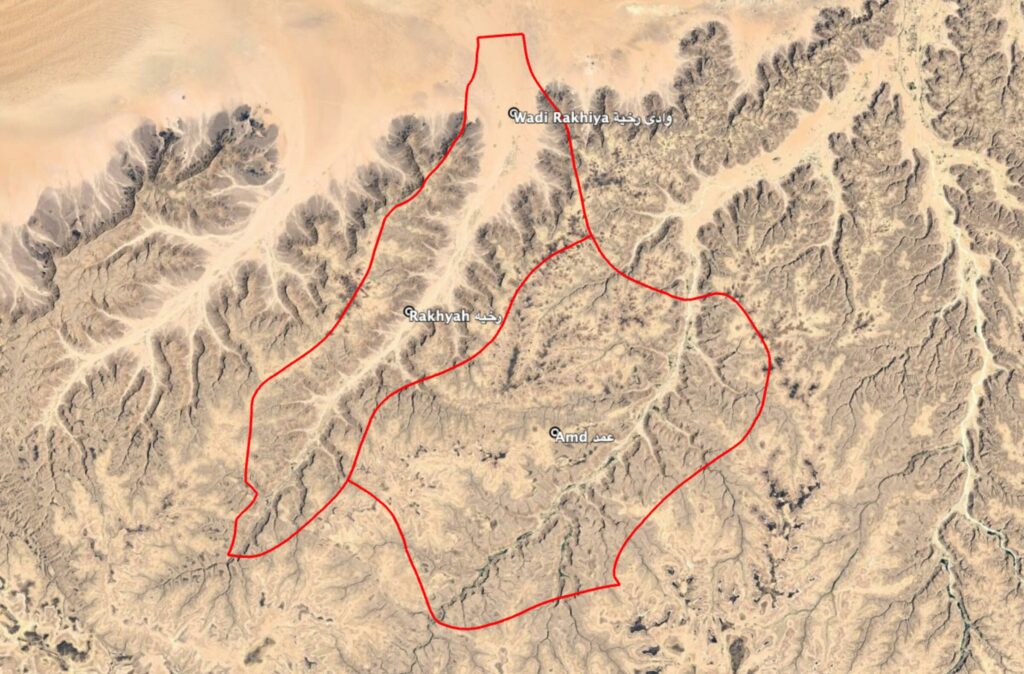Incident Code
Incident Date
Location
Geolocation
Geolocation
Airwars Assessment
(Previous Incident Code: YEM310)
A US airstrike targeted an AQAP training camp in western Hadramout governorate on April 11th 2018, according to a later US Central Command statement.
There were multiple local reports at the time of airstrikes against AQAP in the mountainous Al Sout area of western Hadramout at dawn on that day, though most sources assigned responsibility to the Saudi-led Coalition. Only one source gave information on casualties; ESISC (@EsiscTeam) tweeted that a US drone strike killed “several” terrorists. There were no known associated reports of civilian harm.
Alleged images of the area appeared to indicate at least three distinct strike locations; a local source told Al-Arabi that four explosions were heard. According to local-language news outlets, including Al-Mashhad Al-Yemeni and Al-Arabi, as well as a number of social media sources, drones or warplanes targeted AQAP in the Al Sout area, which reportedly lies between Wadi Amad and Wadi Rakhiya.
Eyewitnesses told TVAden that they believed the planes to be American, and other sources, such as @barakish_net, assigned responsibility for the strikes to the US. Others, such as Akhbar Al-Aan, however, suggested that warplanes of the Saudi-led Coalition conducted the strikes, or indicated that the belligerent was unknown. AQAP forces were reportedly active in the targeted area, according to multiple sources, having been forced out of nearby districts.
A US Central Command spokesperson later told the Long War Journal that two strikes were carried out on April 11th 2018 in Hadramout; it is possible that both of these strikes were part of this event, or that they constituted unique events. USYEMTr161 has therefore been created to account for the latter possibility.
Key Information
Geolocation Notes
Reports of the incident mention strikes in Al Sout (السوط) an area allegedly at the division between Wadi Rakhya (وادي رخية) and Wadi Amd (وادي عمد), within the respective districts of Rakhya (رخية) and Amd (عمد), Hadramout (حضرموت) governorate. Due to limited satellite imagery and information available to Airwars, we were unable to verify the location further. The generic coordinates for the northern area of contact between the borders are: 15.499908, 47.905719.

Reports of the incident mention strikes in Al Sout (السوط) an area allegedly at the division between Wadi Rakhya (وادي رخية) and Wadi Amd (وادي عمد), within the respective districts of Rakhya (رخية) and Amd (عمد), Hadramout (حضرموت) governorate.
Imagery: Google Earth
